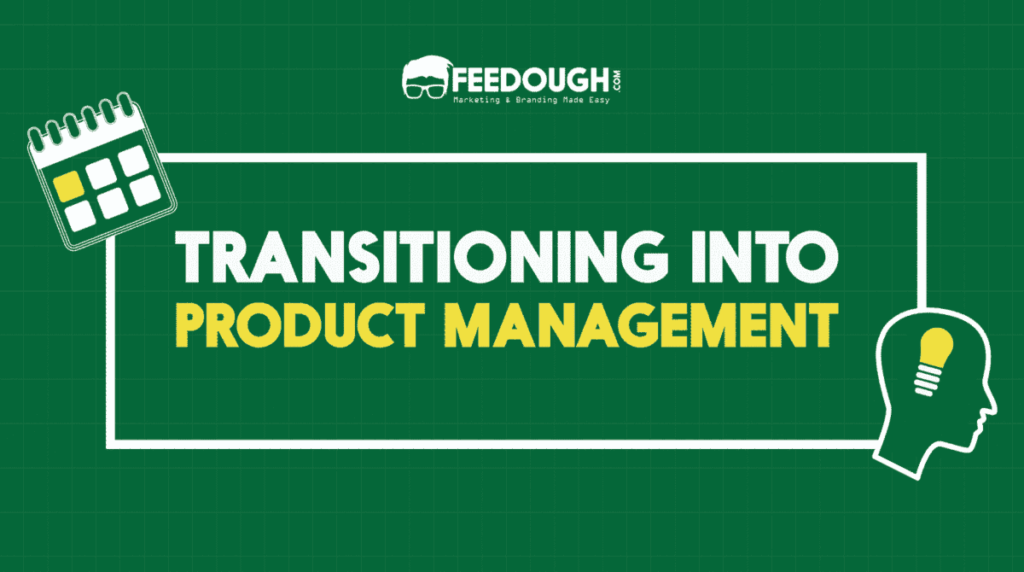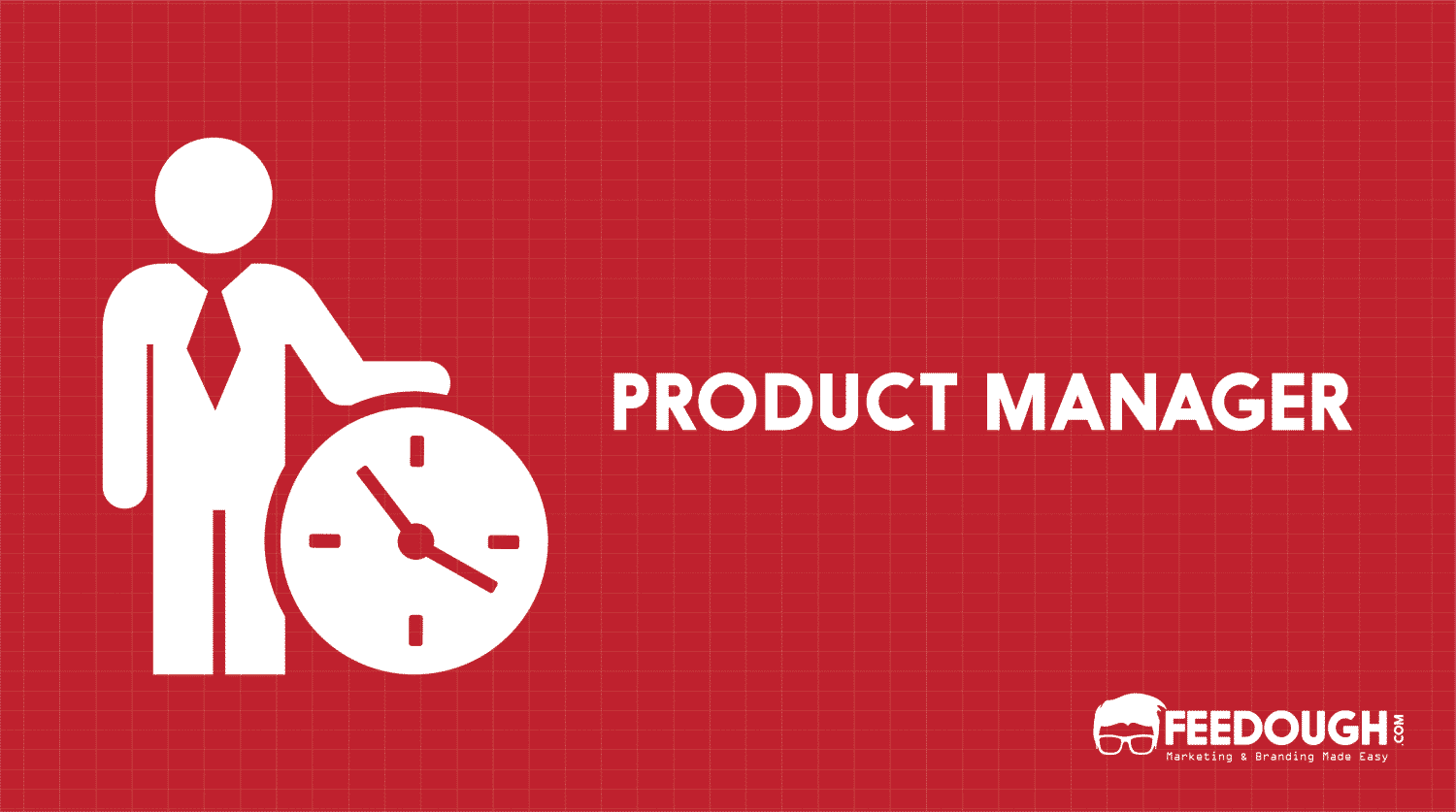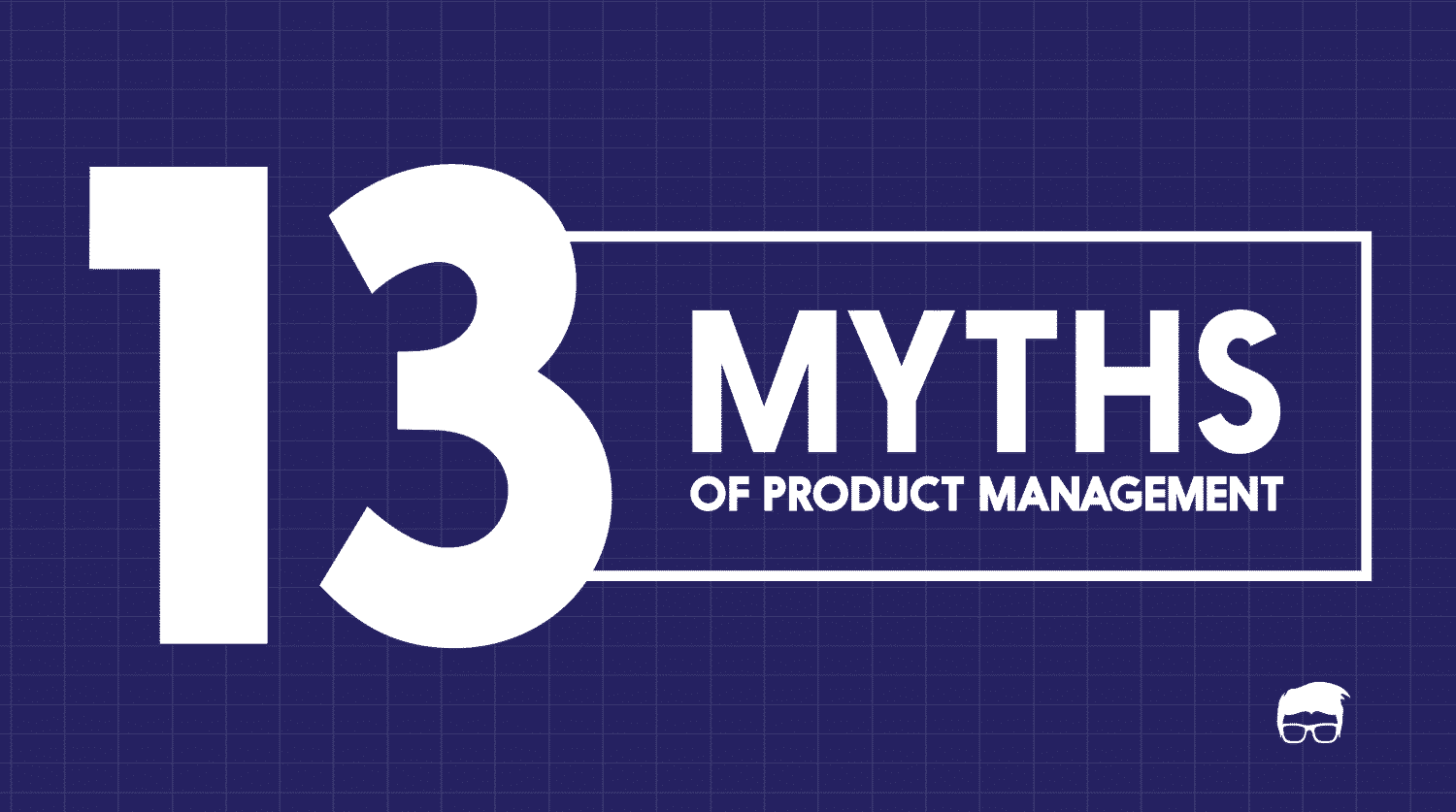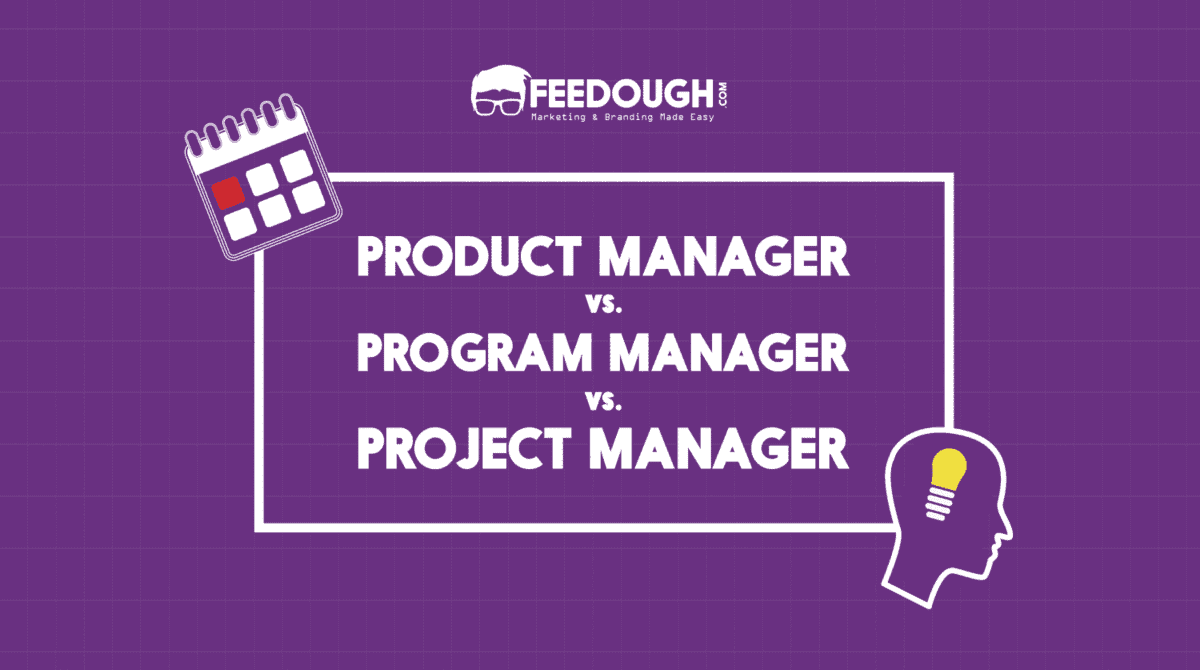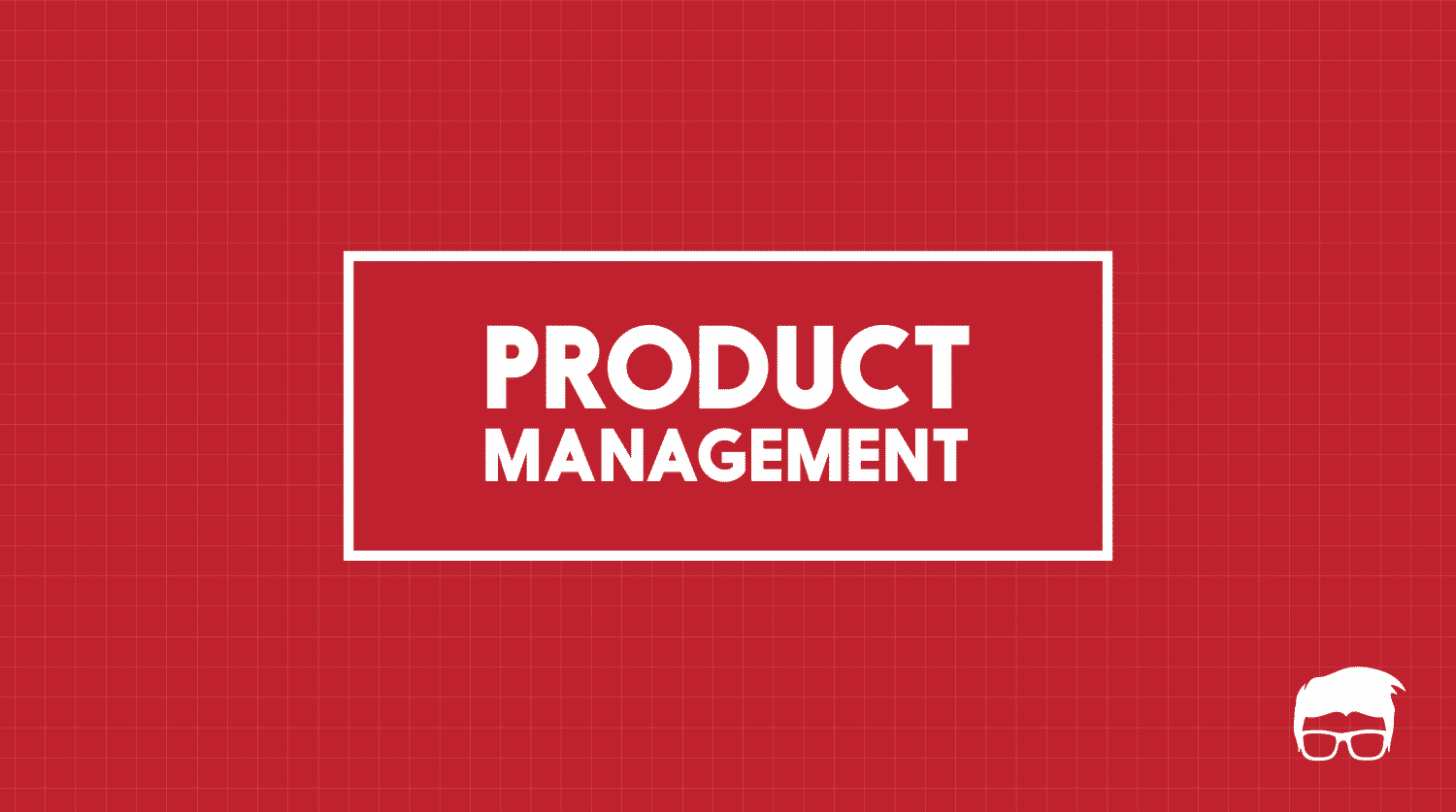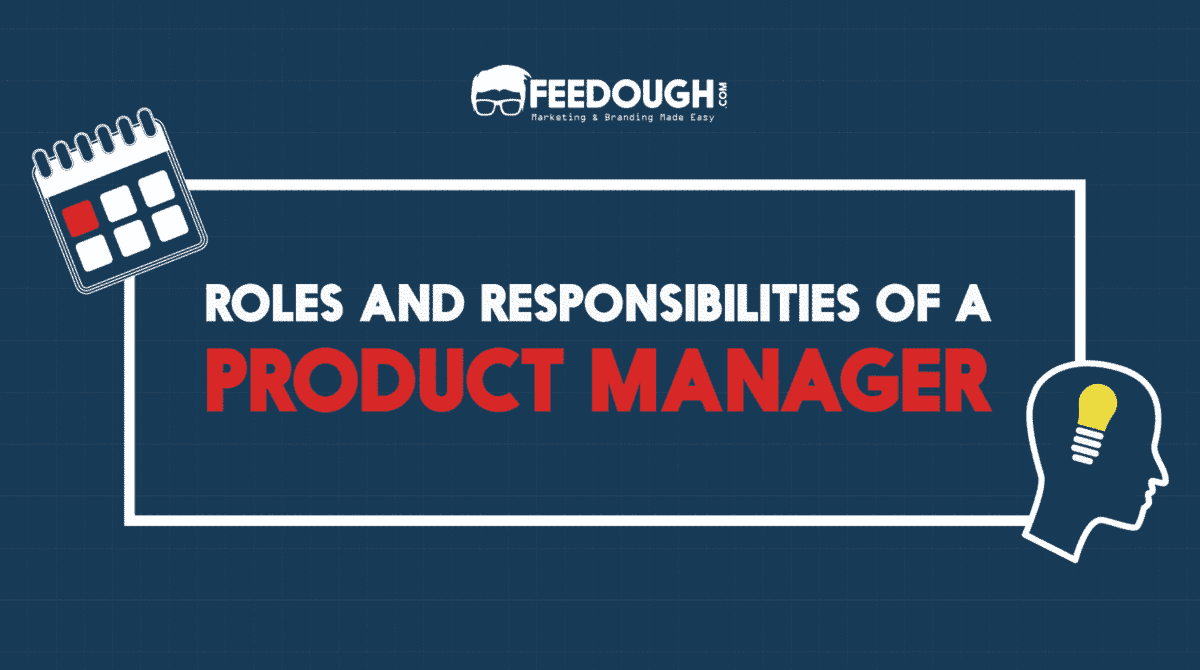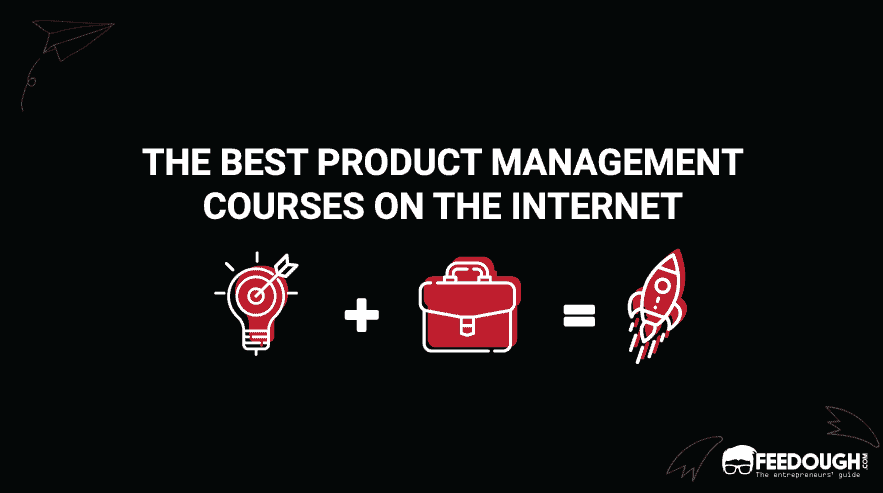Have you been feeling stuck in your role for some time now without getting the opportunity to have any significant business impact?
Do you think you have the right skills to be own a product or a product portfolio and yet have no clue how to get there?
If any of these questions are bothering you, you might want to switch to Product Management.
But how do you make the switch to Product Management without a degree in engineering or business?
Product Managers come from all walks of life. Some come from a technical background, some don’t. The thing is this role varies a lot in the industry and there are certain aspects of this role which makes it unique in different companies. Many companies prefer that Product Managers have some amount of technical experience along with a sound understanding of business. Even if you do not have these, with the internet at your disposal, you can learn everything that is needed to do well in this role.
Here we try to provide a beginner’s guide for anyone looking to transition into Product Management from their current role.
Business Analyst
Many Product Managers make the move from Business Analyst roles. The similarity lies in the fact that both the roles are heavily focused on customer requirements. Both need to have a thorough understanding of the market in which they operate. But unlike a Business Analyst, a Product Manager is responsible for the entire product and its roadmap. A Business Analyst takes the direction that he is given whereas a Product Manager decides that direction in the first place. Many positions open up every year in various companies for entry-level Product Managers that accept applications from Business Analysts. For many analysts, Product Management becomes intuitively the next logical step in their career.
UX Designer
Product Management is a logical move for many User Experience (UX) professionals as it needs similar skills and traits. After all, the focus of UX lies in understanding the needs of the users and translating those needs to a simple, intuitive and useful product. Those UX professionals who think they need to have a greater impact on the products they help develop, look forward to moving to Product Management.
While both the roles might seem very similar from a distance, they differ in terms of responsibility, reliance and focus. Product Managers are held accountable for the product’s success, while UX designers are only responsible for the interface and usability. The focus of Product Management is much broader too, taking everything, from market feedback to competition to profit and loss, into account. Product Management also requires a lot of reliance on different teams other than UX such as sales, engineering, marketing etc. to ensure the product’s success.
Transitioning from UX to Product Management directly translates to needing to know about every aspect of the product and the different departments responsible for the product and handling many additional responsibilities such as defining the vision and strategy of the product, product marketing, product leadership etc.
Project Manager
We have already written on how similar the roles of Project Manager and Product Manager sound to most people and yet how different they are.
So, is it possible then for a Project Manager to move to a role that focuses more on the product?
Well, yes!
I mean, why not?
While there might be some skills which are transferable from one role to the other, the most successful candidates in these roles bring different traits to the table. A Product Manager has to manage the concept, design, delivery, launch etc. of the product, thus they have to do a lot of long-term planning and a lot of user interaction. On the other hand, Project Managers have to worry only about a particular part of the product life-cycle for which they are responsible. They are more worried about day-to-day tasks and associated costs. They are not there for the long haul.
Thus the transition from Project Management to Product Management requires a complete change of outlook and inculcating at least some basic sense of interaction design. The thinking has to become much more long-term since most products do not have any fixed ending unlike projects. It also means no hopping from one project to another. The focus on marketing and user experience has to become much stronger. If a Project Manager has not had that experience or is uncomfortable in these areas, then the transition might not be right.
Engineer
Most Product Managers are erstwhile engineers. Their background in technology often helps them become great Product Managers. But that is only a small part of what it takes to be an amazing Product Manager. After all, there exist great Product Managers who have a liberal arts background too. Product Management is a great next step for any engineer who wants to make a greater business impact.
If you are an engineer but you are not in Computer Science or are not an active Software Developer, the simplest way to transition into Product Management would be to undertake an MBA program. It is the best way to show your business acumen. Ex-entrepreneurs are also given preference over others for this role, as a Product Manager’s role is that of leadership within a business. A Product Manager needs the 360° perspective of a business that these options can provide to an engineer who has only been exposed to technology till now, as a Product Manager needs to think of the business impact of the product more than its technical impact.
Sales Specialist/Consultant
Transitioning from Sales to Product Management can be tricky. One of the biggest strengths of good Product Managers is that they can talk to different teams in their own language. They will talk design with the UX/UI team, engineering with the tech team, brand management with the marketing folks and so on. If you are in Sales, you already know the Sales and Marketing side of things. What you need to do is to start understanding technology and design in a deeper sense and be able to communicate with the respective teams better.
Being in Sales also gives you lots of customer contact. You should use that to empathise with the customer and bring out those features in the product that addresses the needs of the customers in the most cost-effective manner. A Sales guy can be the true voice of the customer.
Other Roles
A good way to improve your candidacy for a Product Management position would be to get an MBA. If that is not what you want from life, you can start a side project. A side project can help you get the relevant experience needed to excel at Product Management, from shipping a product to improving your technical and design skills. You can improve your technical skills by building a website or app. You can research about various ideas that would solve potential user pain points and test their feasibility. You can start building even paper prototypes. You should network with as many Product Managers as possible to understand their job and see if positions are available in their respective companies. You can start solving business cases and try to understand how the vision for a product is developed or even to improve your problem-solving process. You should familiarise yourself with the most common Product Development methodologies.
Good product sense takes time to develop. If one keeps on reading and learning about how great products came into existence, the knowledge will start showing in the interviews too. If you are really passionate about building great products, you should be able to show that passion. Transitioning into Product Management will not seem like a big issue then.
Go On, Tell Us What You Think!
Did we miss something? Come on! Tell us what you think of this article on Transitioning Into Product Management From Other Roles in the comments section.
Product Guy. Introverted Marketer. Engineer by education. Movie and TV Geek by nature. Can be seen reading comics and non-fiction books when not binging on movies and Netflix shows. Pop-culture junkie. Out and out foodie. Wee bit self-obsessed.”
